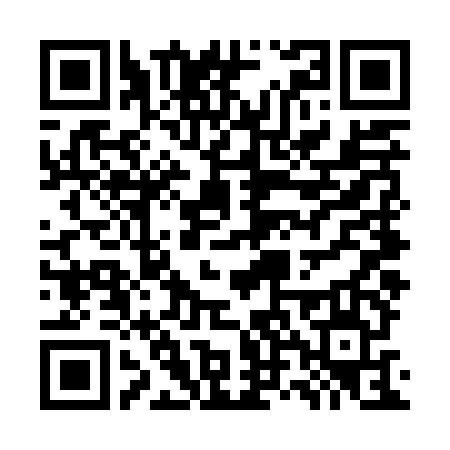②It’s a sad reality — our desire to avoid interacting with other human beings — because there’s 2 to be gained from talking to the stranger standing by you. But you wouldn’t know it, 3 into your phone. This universal protection sends the 4 : “Please don’t approach me.”
③What is it that makes us feel we need to hide 5 our screens?
④One answer is fear, according to Jon Wortmann, executive mental coach. We fear rejection, or that our innocent social advances will be 6 as “weird”. We fear we’ll be 7 . We fear we’ll be disruptive. Strangers are inherently 8 to us, so we are more likely to feel 9when communicating with them compared with our friends and acquaintances. To avoid this anxiety, we 10 to our phones. “Phones become our security blanket,” Wortmann says. “They are our happy glasses that protect us from what we perceive is going to be more 11 .”
⑤But once we rip off the bandaid, tuck our smartphones in our pockets and look up, it doesn’t 12 so bad. In one 2011 experiment, behavioral scientists Nicholas Epley and Juliana Schroeder asked commuters to do the unthinkable: Start a 13 . They had Chicago train commuters talk to their fellow 14 . “When Dr. Epley and Ms. Schroeder asked other people in the same train station to 15 how they would feel after talking to a stranger, the commuters thought their 16 would be more pleasant if they sat on their own,” the New York Times summarizes. Though the participants didn’t expect a positive experience, after they 17 with the experiment, “not a single person reported having been embarrassed.”
⑥ 18 , these commutes were reportedly more enjoyable compared with those without communication, which makes absolute sense, 19 human beings thrive off of social connections. It’s that 20 : Talking to strangers can make you feel connected.
Questions 1/9
12.But once we rip off the bandaid, tuck our smartphones in our pockets and look up, it doesn’t 12 so bad.
- Ahurt
- Bresist
- Cbend
- Ddecay
Questions 2/9
13.In one 2011 experiment, behavioral scientists Nicholas Epley and Juliana Schroeder asked commuters to do the unthinkable: Start a 13 .
- Alecture
- Bconversation
- Cdebate
- Dnegotiation
Questions 3/9
14.They had Chicago train commuters talk to their fellow 14 .
- Atrainees
- Bemployees
- Cresearchers
- Dpassengers
Questions 4/9
15.“When Dr. Epley and Ms. Schroeder asked other people in the same train station to 15 how they would feel after talking to a stranger, the commuters thought their 16 would be more pleasant if they sat on their own,”
- Areveal
- Bchoose
- Cpredict
- Ddesign
Questions 5/9
16.“When Dr. Epley and Ms. Schroeder asked other people in the same train station to 15 how they would feel after talking to a stranger, the commuters thought their 16 would be more pleasant if they sat on their own,”
- Avoyage
- Bflight
- Cwalk
- Dride
Questions 6/9
17.Though the participants didn’t expect a positive experience, after they 17 with the experiment, “not a single person reported having been embarrassed.”
- Awent through
- Bdid away
- Ccaught up
- Dput up
Questions 7/9
18. 18 , these commutes were reportedly more enjoyable compared with those without communication, which makes absolute sense, 19 human beings thrive off of social connections.
- AIn turn
- BIn particular
- CIn fact
- DIn consequence
Questions 8/9
19. 18 , these commutes were reportedly more enjoyable compared with those without communication, which makes absolute sense, 19 human beings thrive off of social connections.
- Aunless
- Bsince
- Cif
- Dwhereas
Questions 9/9
20. It’s that 20 : Talking to strangers can make you feel connected.
- Afunny
- Bsimple
- Clogical
- Drare
